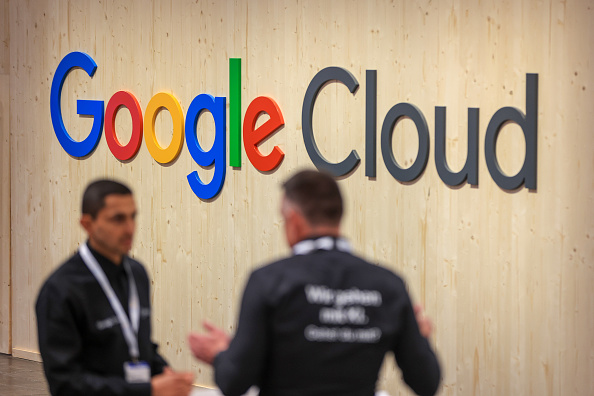Google’s Plans to Acquire Wiz and the Complex Landscape of AI Investments

Google is reportedly in talks to buy Wiz, a cloud security company. The deal, worth about $23 billion, could significantly bolster Google’s cloud services, which have already seen substantial growth. With Wiz’s expertise in cloud security, Google aims to enhance its own offerings in this competitive market.
Meanwhile, OpenAI is facing backlash over its controversial non-disclosure agreements (NDAs). These agreements allegedly restrict employees from communicating with government regulators. This situation has raised serious ethical and legal questions. Additionally, the tech world is experiencing a paradox: while AI investments are soaring, the expected revenues are not keeping pace. This has led to concerns about a potential ‘AI bubble.’
Google’s Potential Acquisition of Wiz
Google is reportedly in talks to buy Wiz, a cloud security company, for about $23 billion. Wiz offers a comprehensive approach to cloud security, sourcing data from major providers like Amazon Web Services, Microsoft Azure, and Google Cloud itself. By analyzing this data for potential risks, Wiz aims to bolster cloud security. For Google, acquiring Wiz could be a strategic move to enhance its own cloud services, which saw a 28% growth, reaching $9.57 billion in Q1 of this year.
OpenAI’s Controversial NDA Practices
A letter from OpenAI whistleblowers has raised concerns about the AI company’s internal policies. The letter claims that OpenAI has placed illegal restrictions on how employees can communicate with government regulators, specifically the SEC. These non-disclosure agreements (NDAs) allegedly prevent employees and investors from reporting securities violations. They also forced employees to waive their rights to whistleblower incentives and compensation, stirring significant controversy.
The AI Investment Paradox
The tech world is witnessing a surge in investments toward AI. In the first half of 2024 alone, over $35.5 billion was poured into AI startups globally, according to Crunchbase data. However, the revenue generated by AI technologies is lagging behind these colossal investments. Many experts predict that the promised benefits of AI will take much longer to materialize, raising fears of a potential ‘AI bubble’ that might burst if expectations are not met.
Skepticism Surrounding AI’s Immediate Impact
Despite the massive investments, there’s growing skepticism about AI’s immediate impact on business performance. Many companies diving into generative AI are seeking more than just high valuations; they want concrete improvements in revenue and operational efficiency. The actual integration of AI into business processes and its tangible benefits are still in question, making some stakeholders wary of the current hype.
VanMoof’s Bold Strategy to Regain Customer Trust
VanMoof’s strategy taps into the loyalty of its customer base, hoping that a significant discount will convert past grievances into new sales. However, there’s a risk; if customers are too disillusioned by their previous experiences, even a hefty discount might not be enough to win them back.
Google’s Strategic Move
Moreover, this move aligns with Google’s long-term strategy of expanding its cloud services, as the market for cloud computing continues to grow. By enhancing its security capabilities, Google can provide more comprehensive solutions to its customers, making it a more attractive option compared to its rivals.
Implications for the AI Industry
Additionally, the hype around AI might overshadow other critical areas in technology that need attention and investment. Balancing the focus between AI and other tech sectors is crucial for sustainable growth and innovation.
The Future of Cloud Security
In the competitive landscape of cloud services, having superior security features can be a significant differentiator. Companies that prioritize security are likely to gain a competitive edge and attract more customers.
Employee Rights and corporate governance
Ensuring that employees can freely communicate with regulators is essential for maintaining corporate integrity. Companies need to balance the protection of proprietary information with the rights of their employees to report misconduct.
In conclusion, Google’s potential acquisition of Wiz signifies a noteworthy development in the tech industry, particularly in cloud security. As Google aims to position itself as a leader in cloud services, enhancing its security features could provide a significant competitive edge. Additionally, the controversy surrounding OpenAI’s NDAs sheds light on the importance of ethical practices and corporate governance in the AI sector. Lastly, the disparity between AI investments and actual revenue calls for a cautious but optimistic approach toward future technological advancements.





